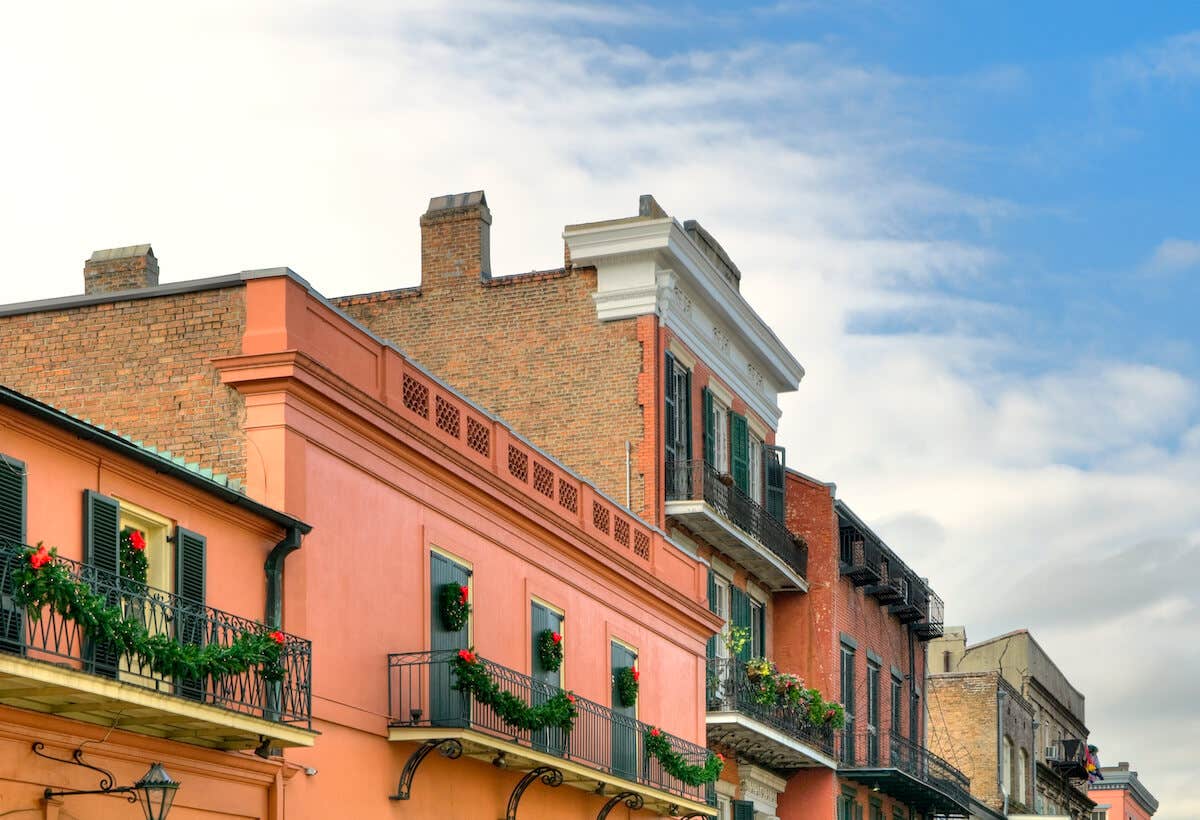While the Pelican State isn’t exactly known for ice and snow, Louisiana winters can get cold - especially in northern towns like Bossier City and Ruston. And if you’re caught unprepared, you may end up with hefty heating bills and costly repairs. Worse? You may end up having to file an insurance claim and risk paying high premiums.
Winterizing your home can help reduce risk and help you avoid costly damage and claims. Moreover, the change in seasons can be a good cue to do some of the routine home maintenance and preparation that keeps your home safe and sound throughout the year.
How bad are Louisiana winters?
Louisiana winters are short and mild compared to other areas of the country. Even in northern parts of Louisiana, winter temperatures are typically well above freezing at 37 degrees Fahrenheit. Southern Louisiana temperatures seldom go below 46 degrees Fahrenheit.
But Louisiana winter storms are not unheard of. In February 2021, 23 parishes experienced winter weather so extreme that the governor requested and received a major disaster declaration. There have been at least six notable snowfalls since 2000, but the fact that winter weather events are so infrequent is part of the problem. Few Louisianans put much stock in winterizing their homes, so when bad weather does come, it often causes more trouble.
How to prepare for a bad Louisiana winter
Preparing for winter should be something that you do every year because you never know what has changed since you last checked it. For example, maybe you installed insulation last year only to find that a rodent has chewed through it. You’ll want to replace your insulation – and deal with the pesky rodent!
Luckily, Louisiana’s mild winters make preparation easy. This basic home winterization checklist can help you reduce risks and the chances of filing a claim on your Louisiana home insurance:
- Unclog your gutters. Remove leaves, dirt, and debris to prevent your gutters from getting clogged, make it easier to remove melted snow (should you have any), and keep water from pooling near your home. Ideally, you’d do this as soon as the last autumn leaves fall.
- Insulate your pipes. Frozen pipes can burst, and that leads to flooding. The average cost of a burst pipe, between $200 and $1,000, causes many homeowners to file insurance claims. But the better option is to keep your pipes from freezing in the first place. As an added bonus, insulating your pipes can reduce your heating costs.
- Clean your chimney. Have your chimney inspected and cleaned once every year by a professional to remove creosote, the residue that can build up and cause fires. A professional can also check your chimney cap for wear and tear and make sure there are no obstructions.
- Prune your trees. Gardening experts generally recommend trimming trees in the late fall and early winter. This is particularly true for deciduous trees because the leaves have fallen and you can see the tree more clearly.
- Check your flood readiness. The rainy season is long gone, but that makes the winter months a good opportunity to review your flood preparedness. Look for ways to move appliances to higher positions so you don’t have to should floodwaters rise. You might also want to review (or make!) your disaster plan.
- Inspect your storm shutters. Chances are your hurricane shutters have made it through at least a storm or two. Now that hurricane season has officially ended, take a moment to look over your hurricane shutters and consider repairing or replacing them.
This may also be the best time to prepare for a hurricane by checking your supplies and stocking up on anything that’s missing or running low. Granted, that’s not a Louisiana winterization tip, but you’d be better off having what you need on hand than running out to get it when a storm is on the way.
Finally, take a moment to think back over the year. Have you made any renovations to your home? Gone through any major life chances, like a marriage or divorce? These things can impact your home insurance, so if that sounds like you, talk to your agent about adjusting your coverage.
With a little forward thinking and planning you can avoid costly mistakes that damage your home this winter.


